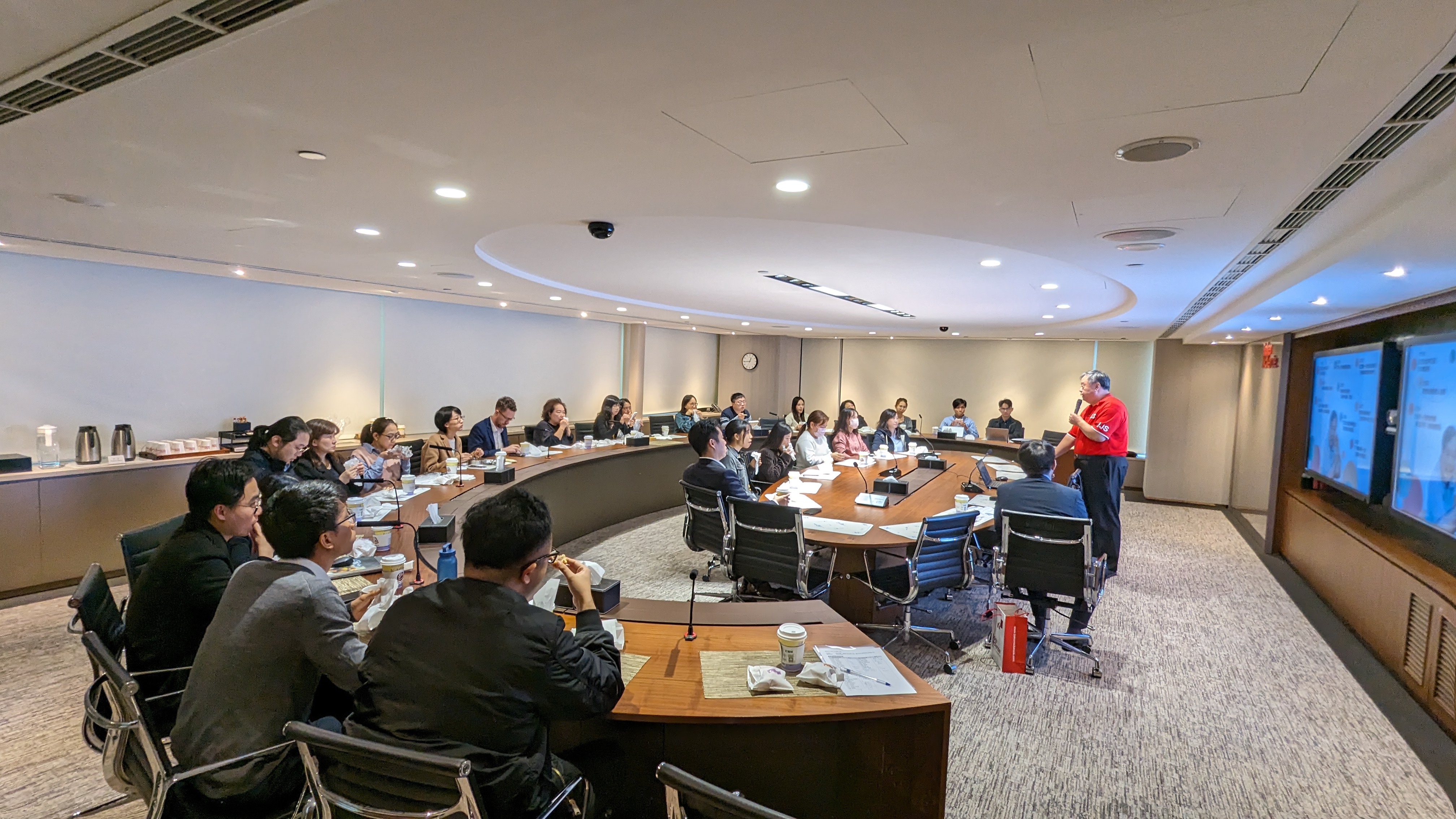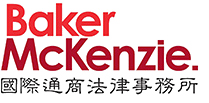
本次CSR專題演講很榮幸邀請到被稱為「地表最強里長」的台北萬華區忠勤里方荷生里長(方里長同時也擔任臺北市臻佶祥社會服務協會理事長)來與事務所同仁分享創辦南機場共餐園地及愛心廚房的心路歷程。
The CSR special lecture is honored to invite Taipei Wanhua District's "Strongest Neighborhood Chief on the Earth," Chief Fang Hesheng from Wanhua Zhongqin Neighborhood (Chief Fang also serves as the Chairman of Taipei City Zhenji Xiang Social Service Association) to share his journey in establishing the South Airport Shared Dining Area and the Charity Kitchen with colleagues from the firm.
方理事長首先講述南機場社區的發展歷史-從1963年新穎的整宅社區到如今老舊斑駁與違建密布,老年人口超過3成,住民多為弱勢族群。自小便在南機場社區成長的他,對這裡有深厚的情感及責任感,因緣際會之下便開啟了長達25年的「地表最強里長」之路。
Chief Fang first talked about the development history of the South Airport community - from the novel integrated community in 1963 to the current aged and dilapidated state with numerous illegal constructions. With over 30% of the population being elderly, most residents belong to vulnerable groups. Having grown up in the South Airport community, Chief Fang has a deep emotional connection and sense of responsibility for the area. Through serendipity, he embarked on a 25-year journey as the "Strongest Neighborhood Chief."
方里長提到最初的服務是從看到社區的獨居老人多有營養不良的問題開始,為了解決這個問題,他創辦了「送餐服務」,透過送餐到手,志工們可以親眼確認獨居長者的精神及健康狀況,若有問題可以馬上回報就醫,對於有慢性病的長者也可以透過送餐定時追蹤狀況。此外,方里長也推出了「共餐服務」,鼓勵社區老人自行到社區的共餐園地用餐,與社區周遭的居民建立連結,讓左鄰右舍成為里長的幫手,打造出南機場的社區支援體系,若有狀況,就能即時回報。
Chief Fang mentioned that the initial service began by addressing the malnutrition issues of the elderly living alone in the community. To solve this problem, he founded the "Meal Delivery Service." By delivering meals, volunteers could personally observe the mental and physical condition of the elderly living alone. If there were any issues, they could immediately report for medical attention. For elderly individuals with chronic illnesses, the meal deliveries also served as a way to track their condition. In addition, Chief Fang introduced the "Shared Dining Service," encouraging elderly community members to dine at the community's shared dining area, connecting with residents around and turning neighbors into assistants for the chief. This created a community support system in the South Airport, allowing for immediate reporting in case of any issues.
除了獨居老人關懷之外,方里長也留意到南機場社區的弱勢及新住民小孩缺乏教育資源的狀況。因此,他在南機場社區創立小小圖書室,與北市圖連線,讓社區的小朋友可以容易借閱到各種書籍,南機場的圖書室月均借還書量超過5,000冊,約當於一所市圖分館。
Apart from caring for the elderly living alone, Chief Fang also noticed the lack of educational resources for disadvantaged and immigrant children in the South Airport community. Therefore, he established a small library in the community, connecting with the Taipei City Library to make various books easily accessible to the community's children. The monthly borrowing and returning volume at the South Airport library exceed 5,000 books, equivalent to a branch of the city library.
此外,方里長也注意到南機場的「飛行少年」(有犯罪行為或有可能犯罪的非行少年) 比例比其他社區更高的問題,他發現這些少年往往來自於貧窮弱勢的家庭。為了協助這些青少年回歸到社會體制,方里長在社區成立咖啡培訓班,提供青少年職業訓練的機會、培養一技之長。培訓班成立至今,已有近百位青少年加入,有半數的孩子取得專業咖啡師證照。而為了讓這些有一技之長的青少年可以學以致用,方理事長更另外創辦了咖啡店「書屋花甲」。
Furthermore, Chief Fang also observed a higher proportion of "Flying Youths" (youths engaged in or prone to criminal behavior) in the South Airport community compared to other areas. He found that these youths often came from impoverished and disadvantaged families. In order to help these young people reintegrate into societal structures, Chief Fang established a coffee training class in the community, providing opportunities for vocational training and skill development. Since its establishment, nearly a hundred young people have joined the training class, with half of them obtaining professional barista certificates. Additionally, to enable these skilled youths to apply their knowledge, Chief Fang also founded the coffee shop "Housebook 60"
最後,方里長分享了他結合家樂福的剩食資源創辦「食物銀行」的經驗,將志工服務時數整合進食物銀行,讓會員可以透過志工服務的點數以市價1/3的標價來換取所需食物及日用品,形成一個具有可複製性、永續性的模式,希望能複製到台灣的其他社區,造福更多弱勢貧窮家庭。
Finally, Chief Fang shared his experience of establishing a "Food Bank" by integrating surplus resources from Carrefour. He integrated volunteer service hours into the food bank, allowing members to exchange the needed food and daily necessities at 1/3 of the market price through volunteer service points. This formed a replicable and sustainable model, with the hope of replicating it in other communities in Taiwan to benefit more disadvantaged and impoverished families.

